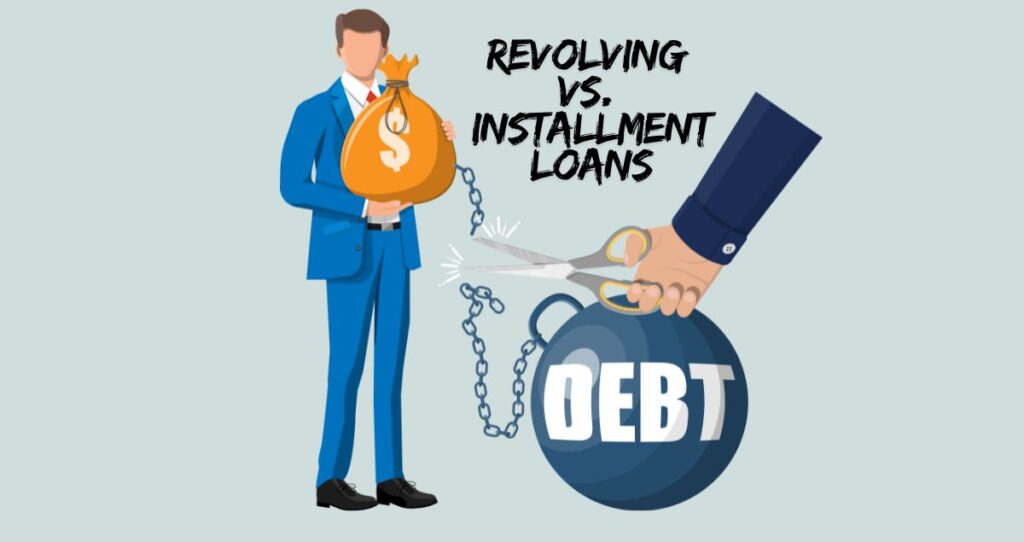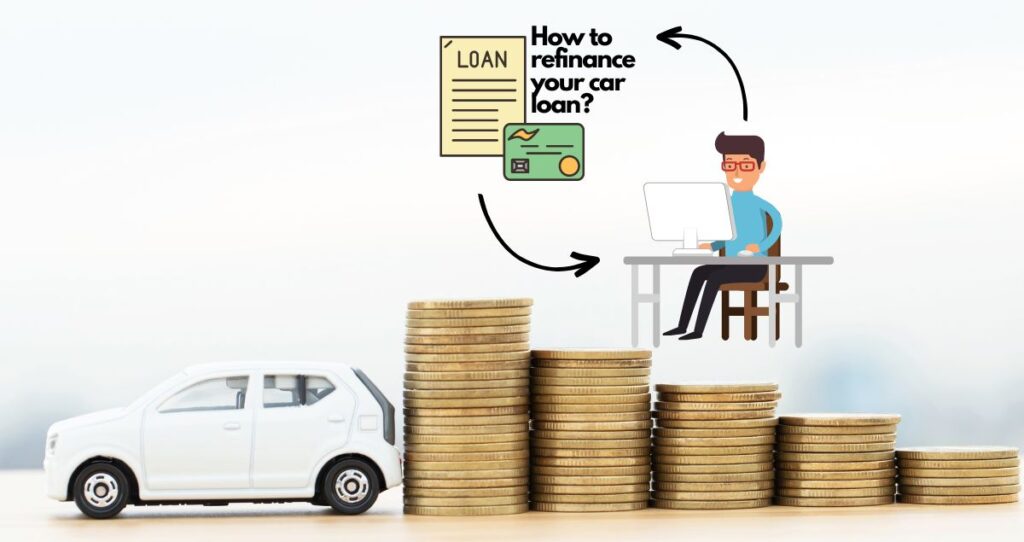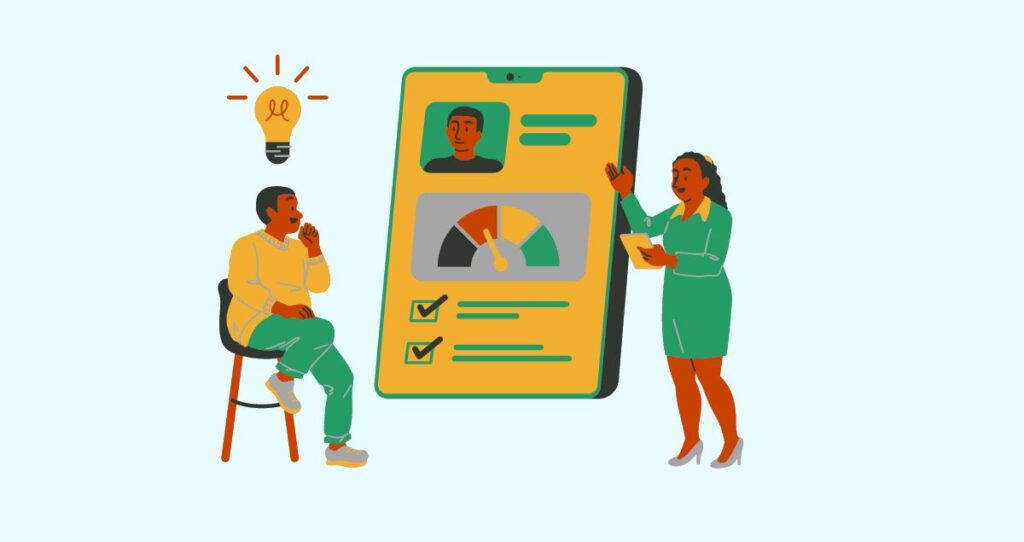In nutshell – If you don’t pay your mortgage or miss a mortgage payment, you will be in default, then foreclosure after 120 days. You will then lose your home and you might become homeless. Your credit will be wrecked, and your credit score will tank as much as 160 points. In addition, the foreclosure will stay on your credit reports for 7 years and you might not qualify for other loans until after a waiting period which ranges from 2 to 7 years. You can avoid all these headaches if you act ahead of time and communicate with your mortgage servicer immediately when you anticipate financial hardship.
Have you wondered what happens if you don’t pay your mortgage? The consequences of missing a mortgage payment can be costly and far-reaching. It’s important for homeowners to understand the possible risks and implications of skipping a payment, and how to handle a potential crisis before it arises. In this article, you will get a clear understanding of what may happen if you don’t pay your mortgage for one month or more, from the possible late fees to the actual implications it could have on your credit.
Millions of homebuyers are either behind or just one payment away from being delinquent on their mortgage. So, this is an issue that affects a sizable portion of the population. You don’t have to be one of the people who end up defaulting on their mortgages due to missing payments. Today, you will learn the facts and risks of skipping a mortgage payment.
Keep reading for more details on what happens if you don’t pay your mortgage.
What happens if you don’t pay your mortgage?
If you don’t pay your mortgage by the due date, your payment might not be late yet. Most mortgages come with a grace period which is usually 15 days from the due date before a late fee or charges are applied to your payment. This grace period varies from one lender to another. So, check with your specific lender to see what your grace period is and the late fee you will pay if you don’t pay your mortgage payments on time.
If you miss the due date and the grace period, your payment will be considered late. From there, your lender will apply penalties, fees, and possible charges based on the terms of your loan.
After 30 to 45 days from the due date, a missed mortgage payment/late payment will be reported to 3 major credit reporting agencies (Equifax, TransUnion, and Experian). Once this payment is reported on your credit report, it will affect your credit score and negatively hurt your credit.
You should be aware that payment history is the biggest factor on both the FICO score and Vantage score with 35% and 40% respectively. So, missing one payment will tank your credit score.
If you continue to not pay your mortgage, your mortgage lender will communicate with you regarding your payments. Keep in mind that your mortgage goes into default after missing a payment. If no payment is made after 120 days and you did not apply for mortgage assistance, your lender will start the foreclosure process.
Being in default means that you violated the terms of your mortgage contract by missing a payment. A foreclosure means that the lender is trying to legally take the house from you and sell it in an auction.
Related: How to avoid foreclosure on a home?
How late can you be on a mortgage payment?
If you are wondering what will happen if you don’t pay your mortgage payment or how late can you be on a mortgage payment, don’t panic on the first day. Yes, it is a good idea to make all your scheduled mortgage payment on time. But there are times when keeping up with your financial obligations will be out of your reach. If you just missed a mortgage payment, you might still have a few days to make it up.
This is because most lenders allow you a few days of grace period before charging you a late fee or a penalty. According to Rocket Mortgage, most lenders have 15 days from the due date when borrowers can make missed payments without a penalty.
As a borrower, you should always make all necessary payments before the due date. Yes, you can still pay your mortgage during the grace period. Delaying your payments this far, however, carry more risks of missing the grace period deadline.
Any payment you make at the last minute is always risky. A simple technical error can prevent your payment to be processed on time which could cost you a lot of money in late fees and charges and lands you in default.
How many mortgage payments can you miss before foreclosure?
Before foreclosure, you will first default on your mortgage. Defaulting on your mortgage means that you have violated the terms of your loan by missing a payment. After missing a payment(s), your mortgage lender will contact you regarding missed payments with proper instructions on how to proceed to keep the house.
If you do not take action and contact your lender to discuss your options, you might risk getting your house foreclosed on by the lender.
Foreclosure means that the lender is trying to legally take the house after missing many mortgage payments. Most mortgage companies will wait until after 120 days (4 payments) of missing payments before they can initiate foreclosure proceedings.
Foreclosure is an expensive process for both the lender and the borrower. So, banks usually choose to negotiate with you and change the terms of your loan to avoid foreclosure.
Can I refinance if I am in foreclosure?
Unfortunately, it is not possible to refinance your mortgage when you are in foreclosure. The fact that you are in foreclosure is an indication that you are struggling financially. You have either fallen behind on your payments or simply stopped paying. This message alone sends a really bad signal to lenders that you are not financially fit to borrow money.
Lenders don’t like risky borrowers. For this reason, lenders screen borrowers by checking their credit history, credit score, income, and DTI ratio. Being in foreclosure automatically amplifies the risk of lending your money. That is why almost 100% of all lenders will not approve you for a loan when you are in foreclosure. For this reason, you cannot refinance your mortgage when you are in foreclosure.
What you can do is work with your current lender and prevent foreclosure. Some lenders might approve you for a short sale, lower your monthly payment, change the terms of your mortgage, etc.
The smartest way to refinance your mortgage is to do it before missing a mortgage payment. For example, if you have an adjustable-rate mortgage (ARM) and interest rates keep going higher, you can refinance your mortgage before it is too late. After refinancing your ARM to a fixed-rate mortgage (FRM), your monthly payment should be manageable and affordable. This could also prevent you from missing payments, defaulting on your loan, or having your home foreclosed on.
How does foreclosure affect your credit score?
Having a foreclosure on your credit report is one of the hardest things to deal with. A foreclosure will lower your credit score by more than 100 points. Sometimes you can lose up to 160 points depending on your credit score. Besides wrecking your credit score, the foreclosure will stay on your credit reports for 7 years.
The effect on your credit score will fade away over time. However, you will not qualify for other loans until after at least 2 years waiting period from the date you had a foreclosure. This waiting period depends on the type of loan you want to apply for and the lender. Some loans require more than 4 years before you can apply for them due to having a foreclosure on your record.
The waiting period allows you to restructure your finances and rebuild your credit.
Related: 10 Tips to rebuild a bad credit score and repair credit
How to avoid foreclosure?
Financial hardships are sometimes hard to predict. Anything can happen from the date you bought the house to when you pay it off 30 years later. If you find yourself struggling to keep the house due to foreclosure, consider one or more of the following options.
- Apply for mortgage assistance. When you don’t pay your mortgage, you don’t automatically get into foreclosure. There is a time between the date your financial struggles begin and when the foreclosure process is initiated. As soon as you realize you might miss a payment or think you might have financial hardship in the near future, immediately contact your lender and apply for mortgage assistance.
- Sell the house. If you think you no longer need the house, sell it before it is too late.
- Short sale. Your lender could allow you to sell the house for less than your mortgage balance. At the end of the day, it will make financial sense (from the lender’s side) to sell your home and recover some of the balance than keep the home when you are not making payments.
- Ask for forbearance. If you think your issue is temporary such as a loss of a job while expecting another, ask for mortgage forbearance. Your mortgage lender might agree to lower your payment until the issue is resolved.
- Ask for term modifications. Just because you locked in a 15-year fixed rate doesn’t mean it cannot be changed. The lender can allow you to the terms of your loan, lower the interest rate, or change from an adjustable-rate mortgage to a fixed-rate mortgage to make it affordable for you. Changing the terms of the loan is always cheaper than going through the foreclosure process.
The bottom line
What happens if you don’t pay your mortgage can mean the difference between keeping your home and being homeless. Failing to make mortgage payments can have serious implications on your finances and impact the health of your credit. From increasing the cost of your mortgage through late fees and higher interest rates to lost equity and damaged credit, it’s important to be aware of the potential long-term impacts when making decisions about your mortgage.
Even if you are able to make up for a missed payment, it’s wise to make sure you have a plan in place to keep your mortgage in good standing. Taking the time to discuss your options with your lender and making a budget can help you avoid a financial crisis.









